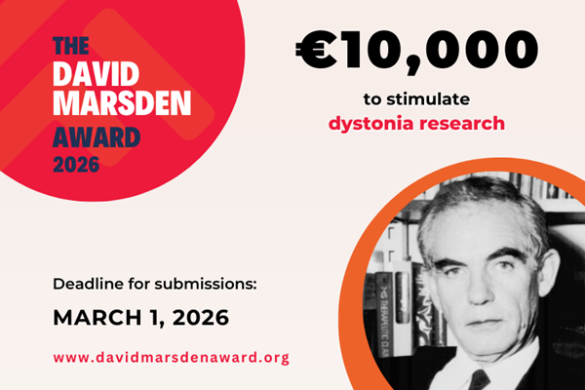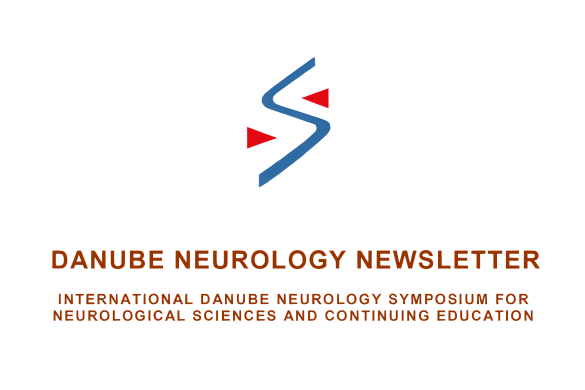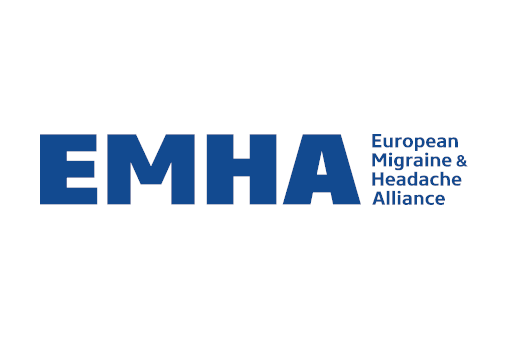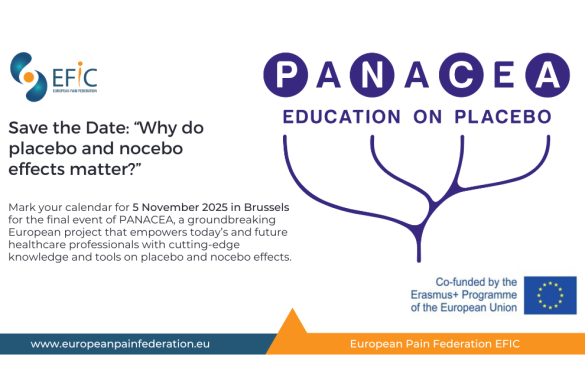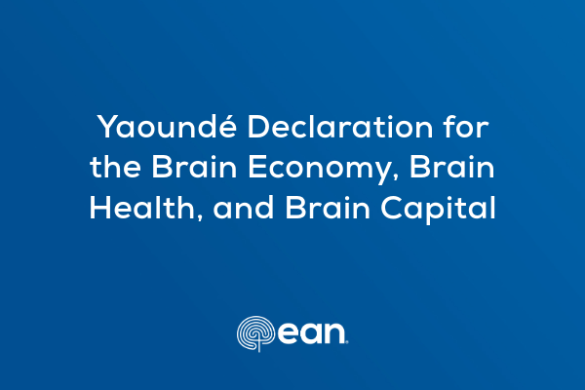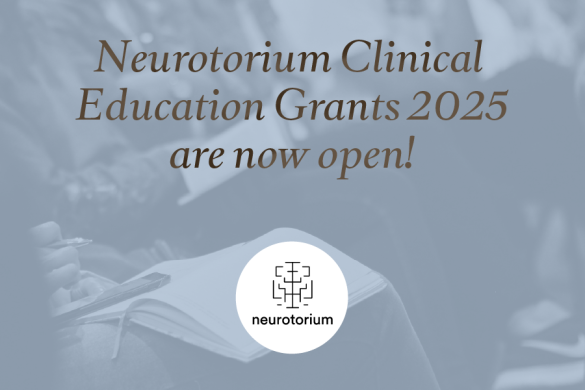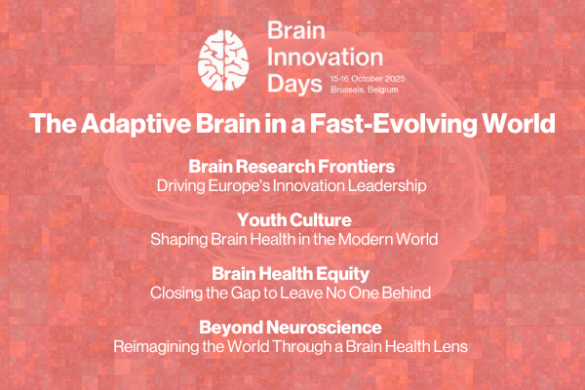2020: the year of research
Research and innovation is again high on the European Commission’s agenda in 2020. The Commission published the so-called “Orientations towards the first Strategic Plan for Horizon Europe” summarizes the results of the co-design process that took place over the summer and autumn 2019 in view of preparing the first Strategic Plan for Horizon Europe. This co-design process refers to numerous meetings with relevant stakeholders in the field or research and innovation (healthcare, technology and other fields eligible for grants under the flagship funding programmes) as well as two major consultations, which counted more than 7000 respondents. The first part outlines challenges that the EU is currently facing and the drivers that are likely to exacerbate them such as unsustainable production and consumption patterns and the need for digitization in all domains. Demographic changes can increase pressure on public spending, for example, with people suffering increasingly from age-related diseases and disabilities which increase the demand for health and care services. The document then presents the key EU policy objectives and responses to these challenges and outlines the impacts that research and innovation should target to help achieve these objectives.
The most relevant objectives to be reached through Horizon Europe for EAN are to ensure “effective health services to tackle diseases and reduce the burden of diseases so that patients can rely on effective health services to tackle their diseases, as well as to reduce the burden of diseases on them, their families and communities. Moreover, to improved access to innovative, sustainable and high-quality health care by health systems that are able to provide timely access to affordable health care services of high-quality to everybody while being environmentally and fiscally sustainable“. To fuse technology with healthcare, the Commission aims to ensure the development of relevant “health innovation due to the potential of data-enabled research and development, the related convergence of pharmaceutical, digital and medical technologies, and the prospect of the digital transformation of health and care supported by data-driven manufacturing of tailor-made products and the delivery of personalised services.”
The new Research and Innovation Commissioner, Mariya Gabriel, pledged to “revitalize” European research and bridge the gap between Eastern and Western regions of the EU. She wishes to establish a “European Knowledge Strategy” to integrate policies for the movement of ideas, researchers and students around the EU to boost collaboration between regions. This could eventually lead to feed into a planned “European Education Area” that seeks to harmonize education policies across the EU.
In an interview she suggested a few specific measures for a more inclusive European research environment such as equal pay for eastern and western researchers moving around Europe under the Marie Skłodowska Curie programme. According to her interview with Science/Business magazine, she seeks to implement “measures to boost east European participation in Horizon Europe like letting researchers from poorer EU member-states get funding to join existing west European research projects”. This will however depend on how much money will be allocated to Horizon Europe in the end. Even though it seems there will only be a 3 billion euros cut from the proposed Commission budget (92.4 billion), the deal on Horizon Europe is not yet signed by all Member States, and all options are still on the table tangled into politics. Maryia Gabriel is hopeful that Member States will agree to the higher sum of 120 billion euros proposed by the European Parliament. There will be more details on the final allocated budget by the second half of 2020.




